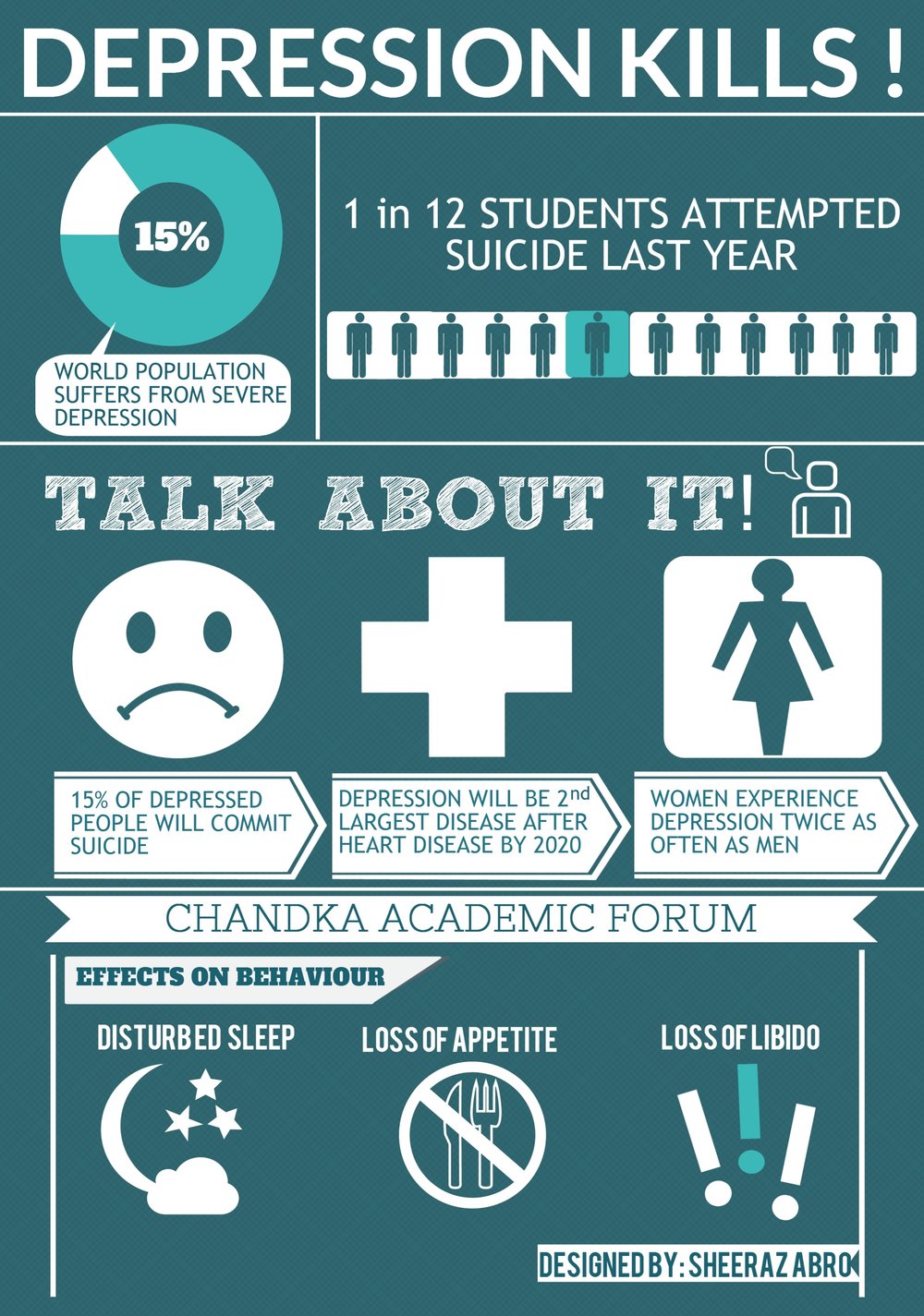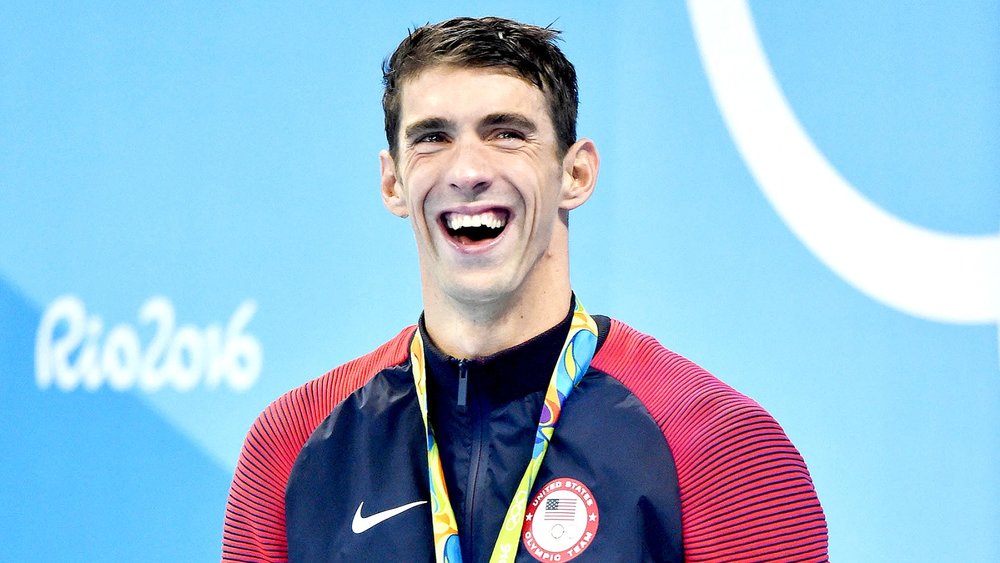
Olympian Swimmer Michael Phelps Reveals Battle With Depression

It wasn’t surprising at all when Olympian swimmer Michael Phelps told Today that there was a point in his life that he simply did not want to be alive anymore. Back in 2014 the Olympian gold medalist who represented his country multiple times in the Olympics and even winning 28 medals, revealed that he was diagnosed with severe depression back in 2014. Phelps said that he probably had at least six depression spells that he goes through every day at that time, continue reading to find out more about his inspirational journey with having depression as an athlete.

PHELPS RECALLS SUICIDAL THOUGHTS
Just because you are considered as one of the most celebrated athletes in the entire world having more than 20 gold medals in the Olympics, doesn’t necessarily mean that your life can actually be perfect. In an interview with Today, the veteran American athlete that has been representing the United States most of his life has revealed that for years now, he has been pushing his negative feelings at the back of his head and it eventually got to a certain point that he simply couldn’t feel anything anymore. These negative feelings that Phelps said he has been feeling definitely pushed him down further since he never really wants anything to do with it.
What made him actually succumbed into depression is when he was arrested for DUI or driving under the influence of alcohol in Baltimore, Maryland, wherein he had to be suspended from the USA Swimming team for six months, which then made it impossible for him to joint the 2015 World Aquatic Championships. This then led Phelps into a darker phase where he said that he had half a dozen depression spells, the fact that he got suspended and got arrested made him feel as if there is no point of being alive since he simply does not want to deal with all of the stress any longer. Dealing with depression on your own is incredibly difficult but definitely not impossible. However, Phelps felt the need to actually seek for professional help and found the courage to face his problems and deal with it instead of it actually eating him from the inside that makes him more depressed.

OVERCOMING DEPRESSION
Almost three years have passed and the Olympian gold medalist said in an interview with Today that life just keeps on getting better for him since he is now giving credits to his support system which is his wife and son Boomer. Phelps said that his family definitely helped him get through and manage his depression and he indeed learned a lot from his past experiences regarding how life should be. The professional swimmer also said that he is now open with his thoughts and feelings and he hopes to inspire his son as well as his second child. Phelps believed that after carrying all the negative thoughts and feelings that he always had during his younger years definitely made him a much better person especially now that he learned how to open up and express his thoughts, which then makes his life more enjoyable.
DEPRESSION ON ATHLETES
Phelps is not really the only athlete who went through a phase that nearly ruined his career. In fact, a lot of athletes are prone to mental illnesses such as depression, so if you are an athlete, don’t fret because you are most certainly not alone. Depression is a disorder that could definitely interfere with your daily life, the National Institute of Mental Health was that there is 6.7 percent of adults in the United States who are experiencing Major Depressive Disorders. This something that the Diagnostic and Statistical Manual of Mental Disorders said to be very common with athletes.
Being a depressed athlete is extremely dangerous since athletes who are suffering from depression are not exactly mentally healthy to compete in tournaments such as the Olympics. This could then lead to serious injuries while training since they are not exactly focused and mentally ready. The competition or tournament may also affect gravely them especially if they lose, this is where suicidal risks come in. The thoughts of not being good enough to win and having been criticized for not winning could definitely trigger them, depressed athletes.
More in Motivation
-
`
Swimming in Cold Water for Improved Health: How to Do It
As temperatures plummet and waters turn frigid, some individuals embrace the icy plunge for a revitalizing and thrilling experience—a cold-water swim...
November 14, 2023 -
`
Jennifer Aniston’s Four-Step Guide to Staying Fabulously Fit
Hollywood’s darling Jennifer Aniston has been enchanting audiences since her days on “Friends,” and she’s showing no signs of slowing down,...
November 7, 2023 -
`
Salma Hayek’s Secrets to Her Youthful Look Even in Her 50s
When you think of Hollywood heavyweights, it is hard to miss the dazzling and ever-youthful Salma Hayek. Famous for her intense...
November 5, 2023 -
`
The Secret to Katy Perry’s Impressive Net Worth
Katy Perry, a name synonymous with pop music extravagance, has seen her net worth soar in recent years. Her journey from...
October 26, 2023 -
`
Best Homemade Pre and Post Workout Drinks for Energy
Exercise is a fundamental component of a healthy lifestyle, and whether you’re hitting the gym, running, or practicing yoga, fueling your...
October 22, 2023 -
`
Shaquille O’Neal Details 55-Pound Weight Loss
Former NBA powerhouse Shaquille O’Neal is making headlines, not for his slam dunks or towering presence on the court, but for...
October 10, 2023 -
`
The Unexpected Food Journey of Michelle Obama
Sunrise often paints a picture of steaming mugs and plates filled with breakfast delights. However, not everyone relishes this early meal,...
October 8, 2023 -
`
Everything You Need to Know About the Pegan Diet
Nowadays, there are a lot of diets that people are trying to follow in order to maintain a healthy lifestyle. One...
September 28, 2023 -
`
Workout Tips for Women in Their 30s 40s 50s & 60s
Embarking on a fitness journey is a timeless endeavor with numerous physical and mental benefits. As women gracefully move through different...
September 19, 2023










You must be logged in to post a comment Login